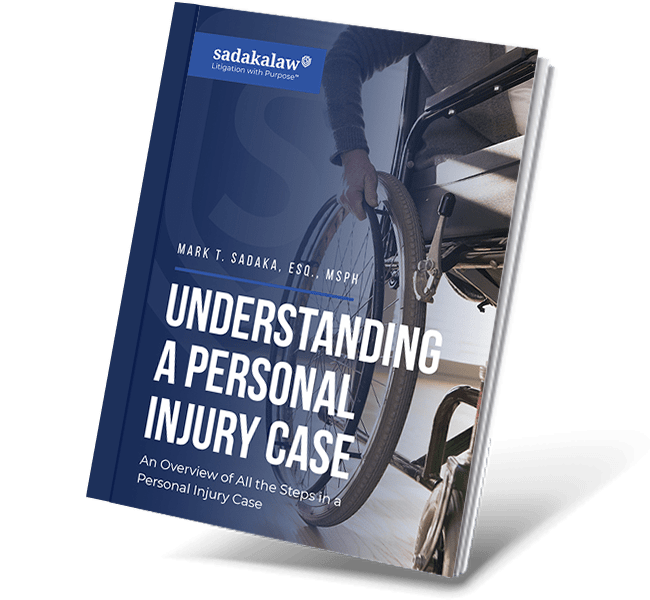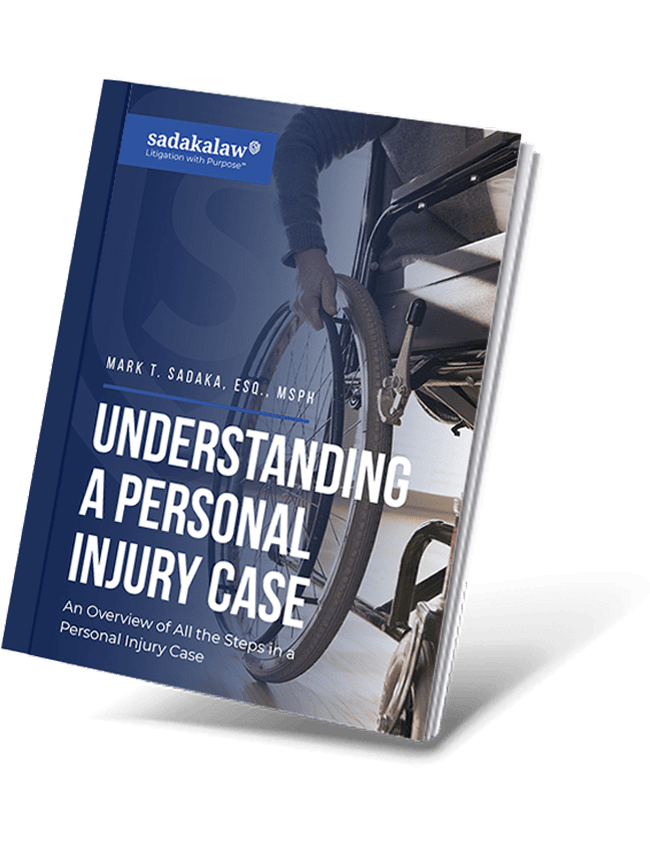According to a study from the University of California, Riverside, flame-retardant materials in homes have caused experimental mice and their offspring to develop diabetes. These materials, known as PBDEs, or polybrominated diphenyl ethers, are also linked to adults who develop diabetes. In experimental mice, babies were exposed by their mothers and later developed diabetes.
Learning more about PBDEs may help American families reduce their exposure, understand the medical conditions they face, and remain diligent concerning household consumables.
What Are PBDEs?
PBDEs are found in the heavy-duty fabric used for furniture, electronic devices, and assorted products. Because these compounds are used throughout the world, Americans encounter them everywhere. The author of the UC Riverside study, Dr. Margarita Curras-Collazo, has said they are impossible to avoid. She even notes that PBDEs have been found in breastmilk.
Although most PBDEs have been banned from the U.S., they are still found in water, soil, and air due to inadequate recycling of products that contain them.
A study focused on female mice and their babies allowed scientists to learn more about PBDEs. Because diabetes increases blood sugar, it was simple to study glucose levels in mice who were and were not exposed to PBDEs. The researchers could give diabetic mice insulin, monitor changes in blood sugar levels, and deduce that PBDEs caused diabetes.
Glucose Intolerance: A Study
As researchers discovered that mice exposed to PBDEs became insulin-dependent, they wanted to learn how insulin dependence affected each subject’s babies. Researchers gave PBDEs to female mice during pregnancy and while they were nursing. PBDE levels were kept to the low levels found in American households.
Every baby in the study developed symptoms that point to diabetes. Medically, insulin insensitivity, low insulin levels, and high blood sugar levels generally lead to a diabetes diagnosis. Researchers felt this study broke new ground because they could experiment on both female mice and their babies.
The study’s female mice were determined to be diabetic, but they were not impacted as much as their children. Therefore, a subject exposed to PBDEs in utero and during nursing developed more severe symptoms. While this is a stunning revelation, the researchers noted that studies in humans must be conducted to corroborate their findings.
What Does This Mean for Humans?
High blood sugar levels do more than force diabetes patients to test their blood sugar levels and take insulin injections. High blood sugar levels can cause blindness, kidney failure, nerve damage, and death.
Members of the team at UC Riverside want to know if adults experience the same symptoms. Will a baby exposed to PBDEs in the air become diabetic in their lifetime?
Limiting PDBE exposure appears to be the only thing Americans can do to reduce their risk of developing diabetes or diabetic symptoms. Dr. Curras-Collazo believes Americans should avoid exposure whenever possible by:
- Washing hands frequently
- Vacuuming carpets often
- Checking new furniture and carpets for PBDEs
Additionally, Dr. Curras-Collazo advises pregnant mothers to be conscious of chemicals that cause damage to unborn babies, such as:
- Perfluorooctanoic acid
- Organochlorine pesticides
- Hydroxylated PBDEs
- Perfluorinated compounds
- Mercury
While these chemicals are harmful to the public, they are often forgotten or overlooked because of their ubiquitous nature.
What Can a New Jersey Chemical Diabetes Lawyer Do for You?
Reaching out to a New Jersey chemical diabetes lawyer will help you or your family determine who is liable for your exposure to toxic chemicals and subsequent medical conditions. Researchers have advised women to continue nursing with breast milk, but women should be diligent when seeking compensation for their pain and suffering.
Contact Us Today
Please reach out to the Law Offices of Sadaka Associates at 1-800-810-3457 or complete our online contact form for a no-risk consultation concerning your potential exposure to PBDEs and other toxins. Allow us to use our experience to help you and your family recover.


